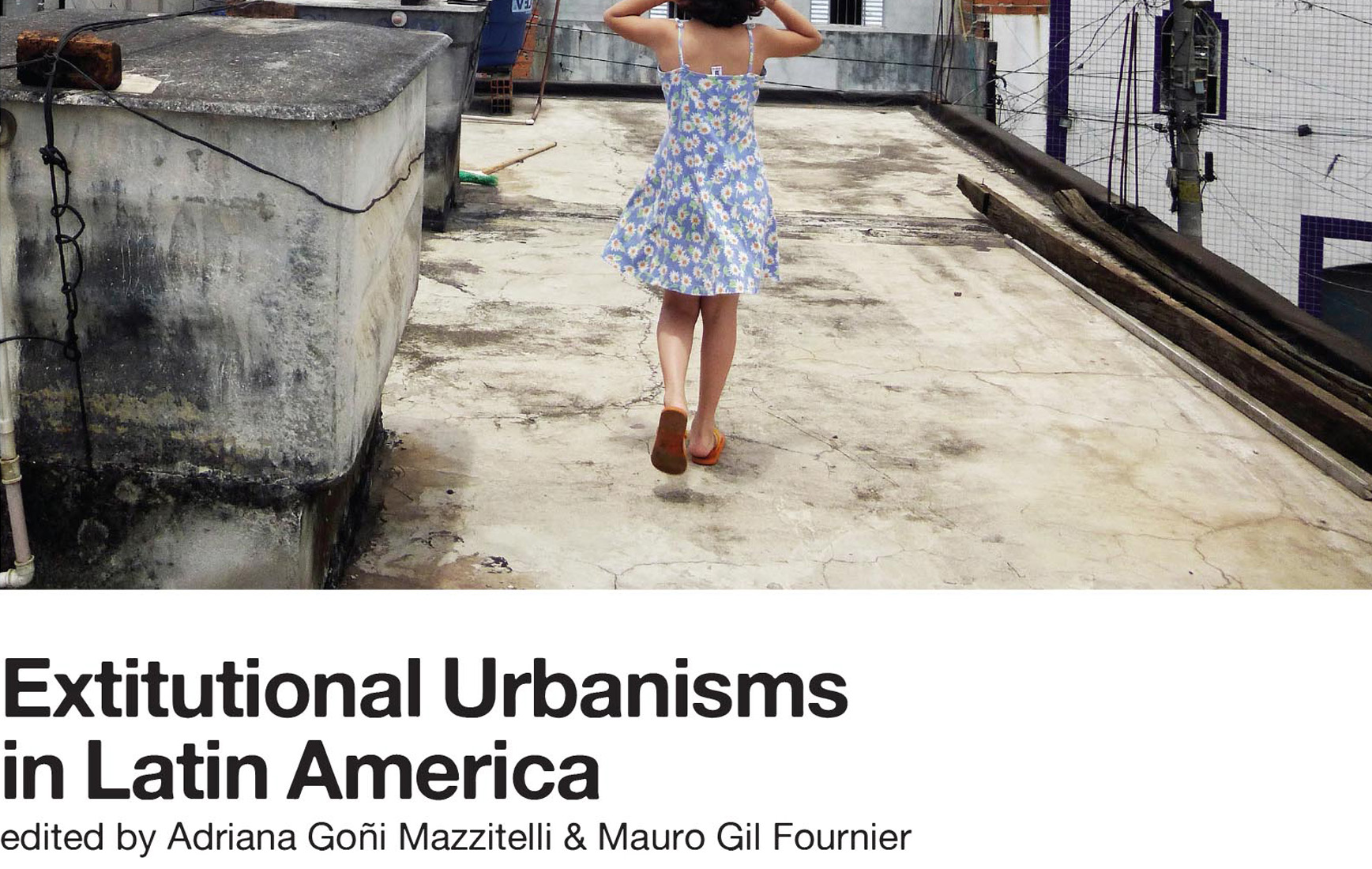
return to the issue
A Cautionary Note About Extitutionality
by Tom Angotti
Clara Irazábal provides a respectful description of the concept of extitutional and its potential application to urban analysis and practice, particularly in Latin America. I cannot be as generous. As an urbanist who has worked both inside and outside state, private and non-profit institutions in the Americas, I question whether this concept adds anything to the theory and practice of community development or planning. In other words, is it really new?
Are not many of our diverse grassroots social movements already outside the state and establishment institutions? Don’t we already have a rich body of theory and practice attempting to understand and legitimize them as part of civil society? Haven’t we always sought to address the dialectical, complicated relationship these organizations and their constituencies have with state institutions? Don’t we already know how futile it is to analyze them only at the local level given the long history and shadow of colonial hegemony, thereby leading us to a more robust contextual analysis of structure and process?
And isn’t it abundantly clear to those who are working at local, regional and international levels that considering “the state” as a uniform, homogenous whole is overly simplistic, and that understanding the enormous complexities of the state is key to building effective political strategies for those largely operating outside state institutions? Haven’t we discovered that effective strategies from outside the state require strategies that work to make changes inside the state? Don’t we already know that our movements vary enormously in their duration and temporality, that spontaneity is always a factor (even within the state!), and that there are always boundaries? And where is capitalism in its diverse formations in all this? In sum, haven’t we already complicated these and all the classical dualities such as state and citizen, economy and politics, reform and revolution? What else is new?
Nations at the periphery of the Euro-American empires have already seen the growth of incredibly rich intellectual and practical activity acknowledging and advancing the vast field of exclusions in the classical social sciences. The thrust towards these innovations emerged from diverse social movements — indigenous, Afro-descendent, womens, LGBQT and others; associations of residents living in communities that are disparaged as “slums;” and spontaneous protest movements arising outside both state and private institutions large and small, including organized labor.
Those movements falling outside conventional boundaries should not be stuffed together into more broad categories such as civil society or extitutional that drain them of their uniqueness and legitimacy.
I am not convinced that utilizing yet another concept discovered in the elite European academy can enlighten theoreticians and practitioners in continents whose rich indigenous theories and practices have been overshadowed for centuries. If we look to the North for relevant categories, we would be better to rediscover and reinvent the more sophisticated classical categories such as structure, dialectics, history, objective and subjective factors as they apply to our societies – now largely urban societies – and how they can contribute to building better utopias and institutions, and transforming people, the state and global society.







